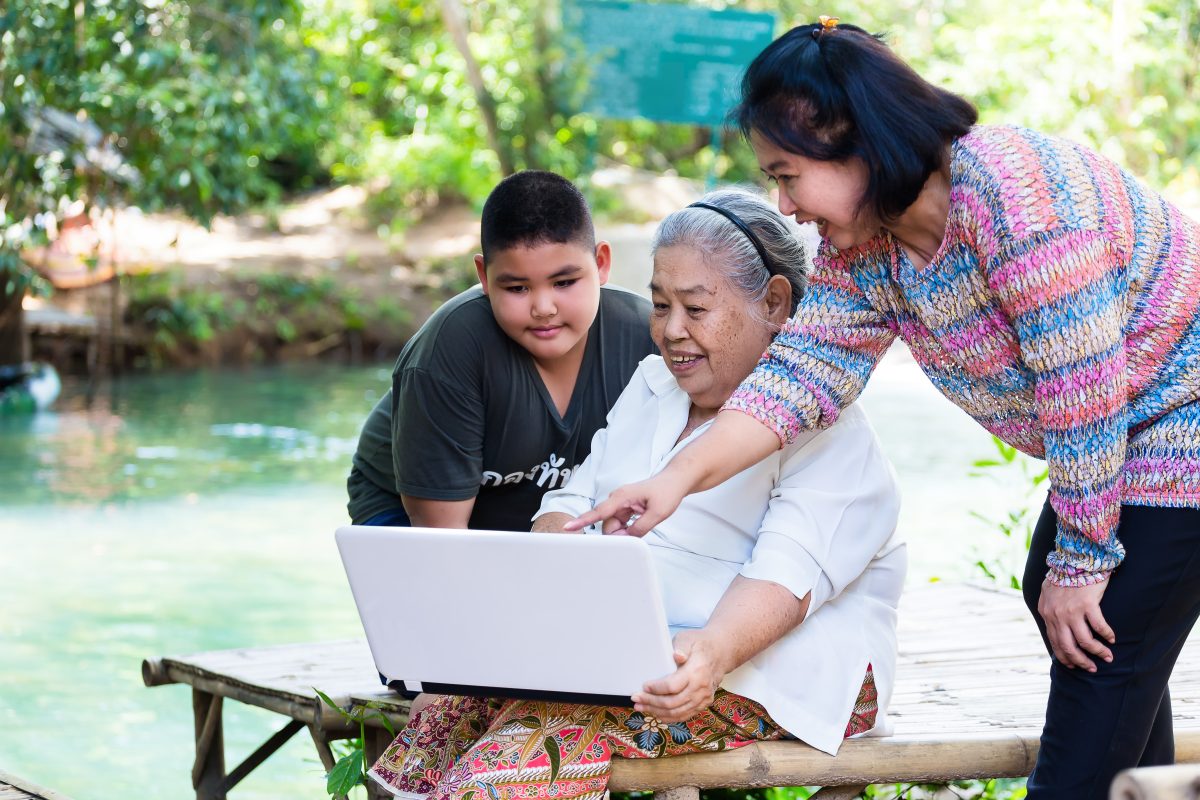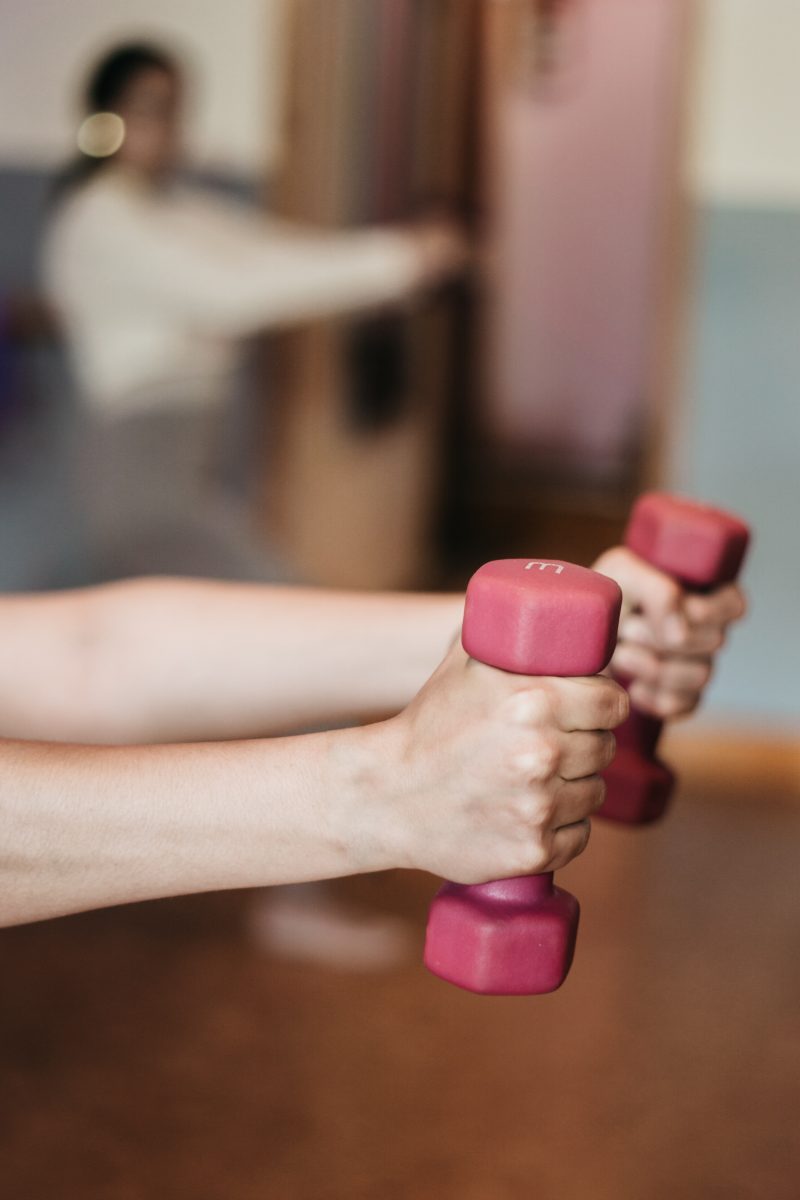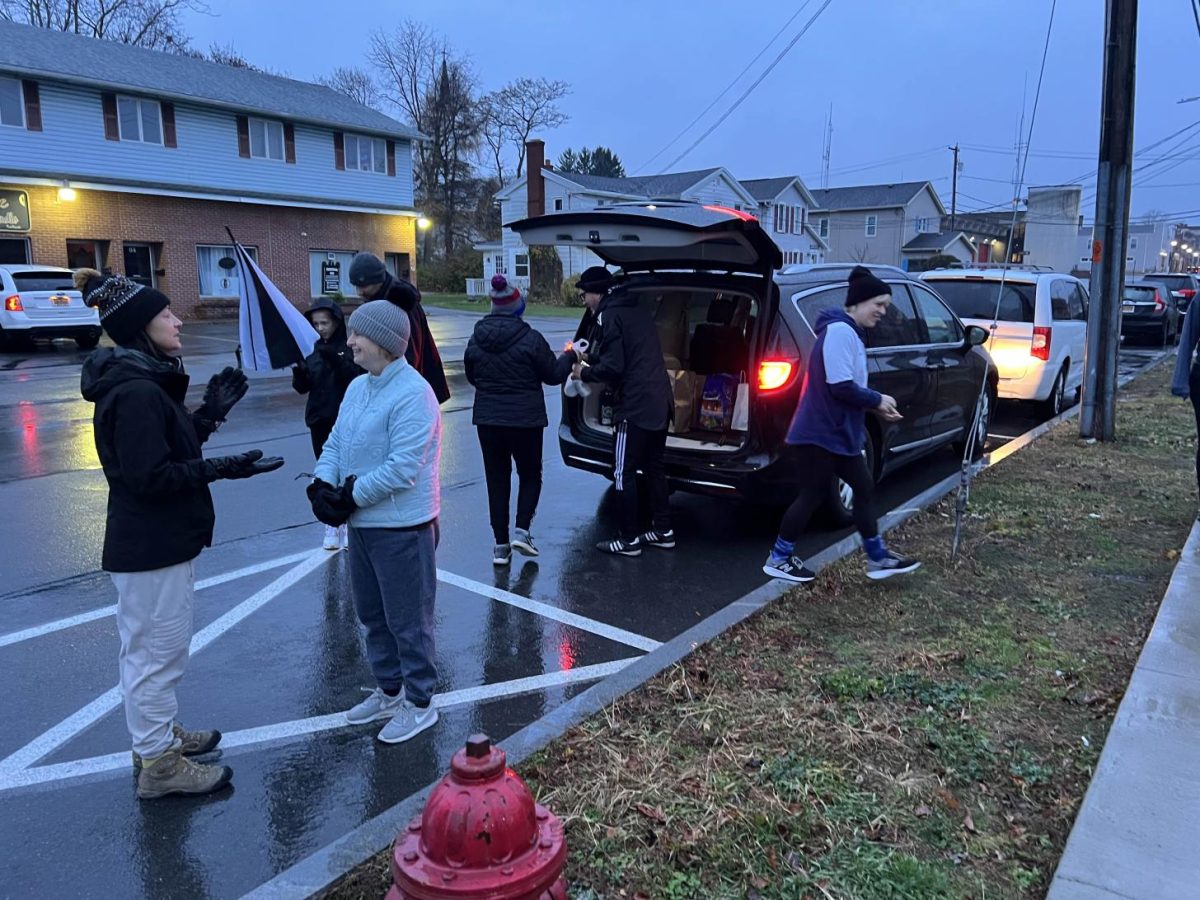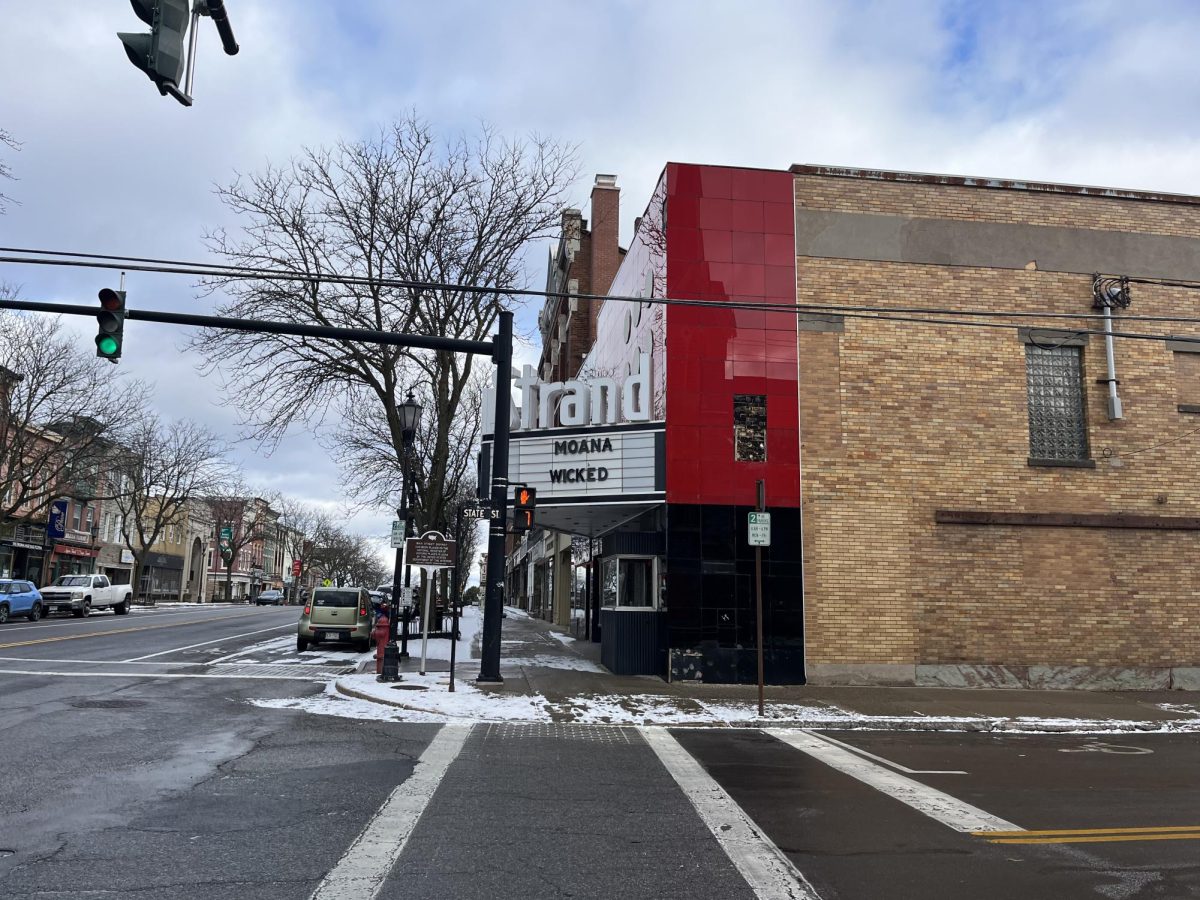by Marleese Patterson and Melissa Klehr
BROCKPORT, NY – Clouds, rain, snow, ice, slush—the seemingly endless cycle of Brockport’s winter weather can be difficult to handle. It can even trigger emotional problems or make existing mental conditions worse.
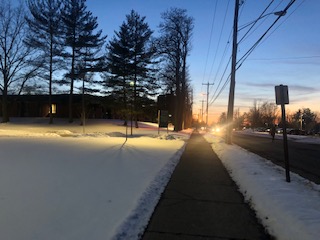
Many people experience a mood shift during the colder days of winter – feeling what many call ‘winter blues’. This feeling should not affect your daily life, and if it does, you may be experiencing Seasonal Affective Disorder, commonly known as SAD.
Sharon Belle-Render, a licensed mental health counselor who works in the counseling center at the College at Brockport, State University of New York, says that symptoms of SAD can include “trouble with focusing and concentrating, always tired, always lethargic, and sometimes during the season get ‘blue’ … and really struggling.”
According to the National Institute of Mental Health, the prevalence of SAD is difficult to determine because it often goes unreported or occurs alongside other disorders. It is diagnosed four times more often in women than in men, and prevalence increases further away from the equator. A more common and less severe form of SAD is called subsyndromal-SAD, better known as “winter blues.”
Similar symptoms may be caused by another seasonal issue. Dr. Laura Crosetti, a professor of psychology at the College at Brockport, says that many people in this area have a Vitamin D deficiency due to the lack of sun in the winter.
“A Vitamin D deficiency can mimic the symptoms of depression, especially the lethargy and feeling ‘blah’,” Crosetti says.
Often, people who suffer from SAD, depression or other mental conditions are reluctant to get help or even to talk about what they are experiencing.
Erin, a resident of Hamlin who requested that her last name be withheld, has personally experienced the effects of winter weather. She has depression and knows that the weather influences her mental health.
“Weather plays a big part in my depression, especially in the winter,” Erin says.
One thing that helps Erin cope with her depression is exercise.
“I really like going on bike rides and walks along the canal to clear my head,” Erin says.
Some steps people can take to maintain good mental health are to “eat healthy, exercise, make sure you get good sleep, stay away from caffeine and alcohol, and most importantly—if you feel like you are depressed, or anxious, reach out to a mental health professional,” Crosetti says.
Due to the lack of sunlight in upstate New York, light therapy is an important part of treatment for SAD.
“It is important for people who feel depressed in the winter to spend time in the sunlight when they can. Although it may be difficult, it is important to grab the sun when they can. Others may try a natural light bulb in a lamp, a light box, or even a tanning bed,” Crosetti says.
Erin says that besides getting exercise, she finds it helpful to confide in family, friends, and a therapist.
“Don’t be afraid to get help!” Erin says. “You’re not alone, so don’t be afraid to talk about it.”
Belle-Render agrees that it’s important to get help—not just for SAD and other forms of depression, but for a variety of disorders. As a counselor at the College at Brockport, she regularly sees people with obsessive-compulsive disorder, generalized anxiety and social anxiety, as well as victims of sexual assault or domestic violence, who have post-traumatic stress disorder.
“Don’t allow friends, family or a significant other to talk you out of coming in for help,” Belle-Render says. “Come right at the beginning if you’re starting to feel that way; again, don’t wait.”
“There’s somebody here to help—that’s what we’re here for,” Belle-Render says.
























